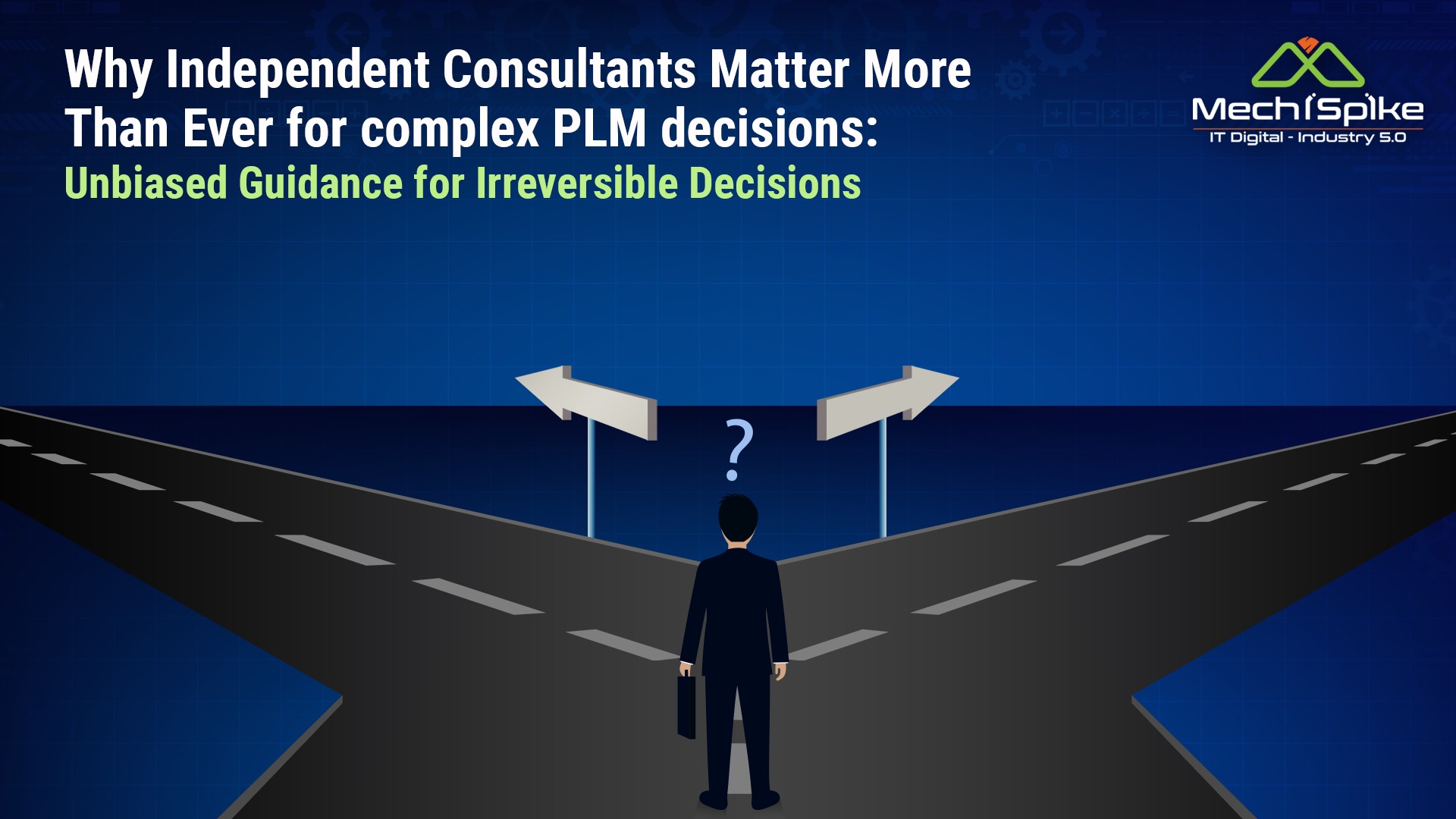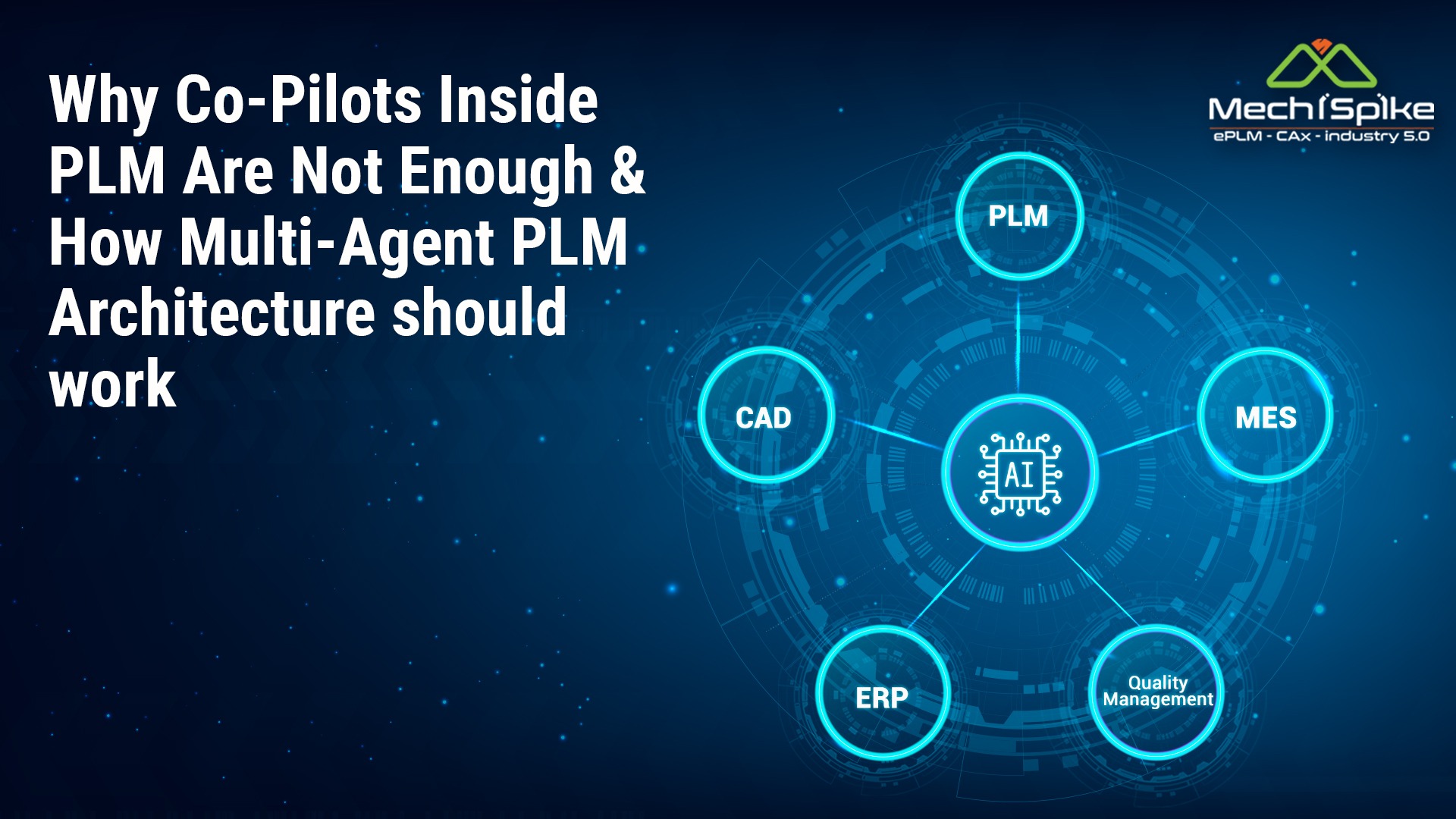
Questions to Ask About Your Last Year’s PLM Implementation at the Start of the New Year
Wishing you a very happy and prosperous new year!
In our weekly journey to better our PLM ROI with this newsletter, last time we did A Look Back at 2023: What Changed for PLM. In this edition, As we embark on a new year, it’s a strategic time for organizations to reflect on the success of their previous year’s Product Lifecycle Management (PLM) initiatives.
Evaluating the effectiveness of your existing PLM implementation is crucial before considering the next steps e.g. Moving forward to Phase 2, Integration of advanced modules etc.
In this article, we’ll explore key questions to ask about your last year’s PLM implementation and provide insights into determining its success. Additionally, we’ll delve into essential key performance indicators (KPIs) that organizations should look for to gauge the effectiveness of their PLM implementation.
- User Adoption and Satisfaction: Begin by asking if your team members effectively adopted and embraced the PLM system. Were they satisfied with its functionality and usability? High user adoption rates and positive feedback indicate that the PLM system aligns with user needs, fostering a collaborative environment and contributing to overall satisfaction.
- Process Efficiency Improvements: Evaluate whether the PLM system led to tangible improvements in process efficiency. Did it streamline workflows, reduce manual errors, and expedite product development cycles? If your organization experienced increased productivity, faster time-to-market, and improved collaboration between teams, it suggests a successful PLM implementation.
- Data Accuracy and Integrity: Reflect on the quality of data within the PLM system. Is the information consistent, up-to-date, and error-free? Assess data synchronization between different modules to ensure seamless information flow. Reliable data is the backbone of PLM, and its accuracy is crucial for making informed decisions.
- Integration with Other Systems: Consider how well your PLM system is integrated with other enterprise systems such as ERP or CRM. Did it facilitate a unified information flow across the organization, preventing data silos? Effective integration is a key factor in leveraging the full potential of PLM and improving overall business intelligence.
- Compliance and Regulatory Conformance: Evaluate the PLM system’s role in ensuring compliance with industry regulations and standards. Did it assist in adhering to regulatory requirements? Especially in regulated industries, successful PLM implementation should demonstrate a commitment to compliance and adherence to necessary standards.
- Cost Savings and ROI: Analyze the financial impact of your PLM implementation by assessing cost savings and ROI. Did the system contribute to reduced prototyping costs, decreased time-to-market, and minimized errors leading to lower rework expenses? A positive ROI signals that your PLM system not only improves processes but also contributes to the organization’s financial success.
- PLM Adoption: Consider how effectively your organization managed the cultural shift associated with PLM implementation. Did employees adapt to the new system with minimal resistance? Effective training programs and a cultural acceptance of the PLM system indicate successful PLM Adoption.
- Scalability and Flexibility: Assess whether your PLM system is scalable and flexible enough to accommodate future growth and changes. Can it handle an increased volume of data, users, and product variations without compromising performance? Evaluate its adaptability to evolving business processes and industry trends.
- Quality of Reporting and Analytics: Examine the quality of reports generated by the PLM system. Are they relevant, accurate, and easy to interpret? The availability of actionable insights is crucial for strategic decision-making and assessing the overall effectiveness of your PLM implementation.
- Stakeholder Alignment: Ask whether PLM objectives align with broader organizational goals. Does the PLM system contribute to the overall success and growth of the organization? If PLM supports strategic initiatives and addresses key business challenges, it indicates a successful implementation.
Conclusion
As you ponder these questions, consider how each aspect contributes to the overall success of your PLM implementation. If the majority of your responses are affirmative, it’s likely that your organization had a successful implementation. High user satisfaction, improved process efficiency, reliable data, and a positive financial impact are all indicators of a well-implemented PLM system.
Moving forward to Phase 2 with advanced modules should be a strategic decision based on your organization’s readiness and a confident affirmation of success in the key areas mentioned above. Additional considerations include identified gaps, technology readiness, strategic alignment, training and skill development, and ongoing vendor support.
In conclusion, reflecting on your last year’s PLM implementation provides valuable insights into its success and areas for improvement. By asking the right questions and evaluating key performance indicators, your organization can confidently assess its readiness for advanced PLM modules and continue to drive innovation, improve efficiency, and maintain a competitive edge in product development.
MechiSpike can be of GREAT help to you to assess your existing PLM Implementation and plan your PLM Roadmap for the next year with our PLM Consulting Services.
___
With MechiSpike, you can leverage your PLM to the fullest.
Subscribe Now to get this Weekly Newsletter delivered in your Inbox directly :
Our mission : To equip you with the knowledge and tools you need to drive value, streamline operations, and maximize return on investment from your PLM initiatives.
Over the coming weeks and months, PLM ROI Newsletter will guide you through a comprehensive roadmap to help you unlock the full potential of your PLM investment.
We are committed to be your trusted source of knowledge and support throughout your PLM journey. Our team of experts and thought leaders will bring you actionable insights, best practices, case studies, and the latest trends in PLM.
Subscribe Now to get this weekly series delivered into your Inbox directly, as and when we publish it.
To your PLM success!
Warm regards,
Visit Us: www.mechispike.com
If you want to Grow your PLM Career to the Fullest, Click Here to explore our Job Openings.
For PLM Services : Click Here to Schedule a Call with us.


